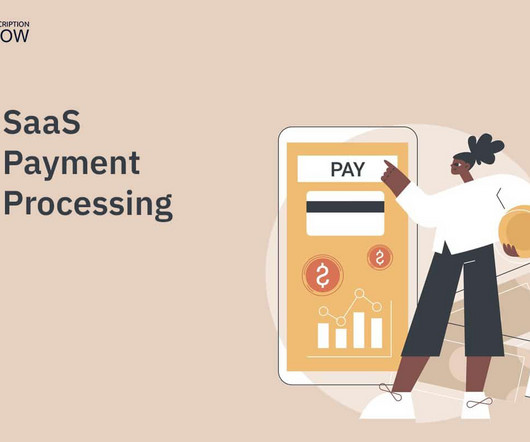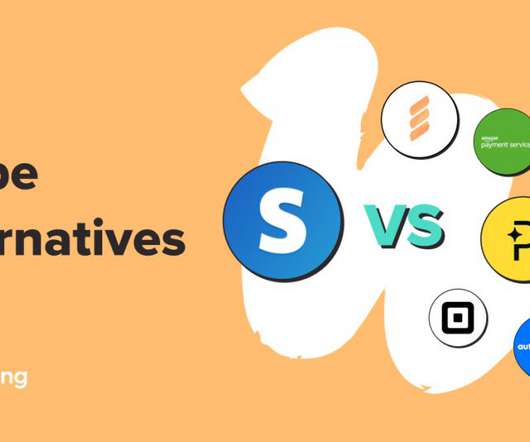Using SubscriptionFlow Integration to Master SaaS Payment Processing
Subscription Flow
JANUARY 2, 2024
In doing so, SaaS businesses of all sizes face common payment processing SaaS challenges. This is because payment processing for SaaS is more complicated than collecting one-time payments, as it diverges into sub-forms that range from invoicing to managing subscription plans to complying with local tax laws and payment regulations.



















Let's personalize your content